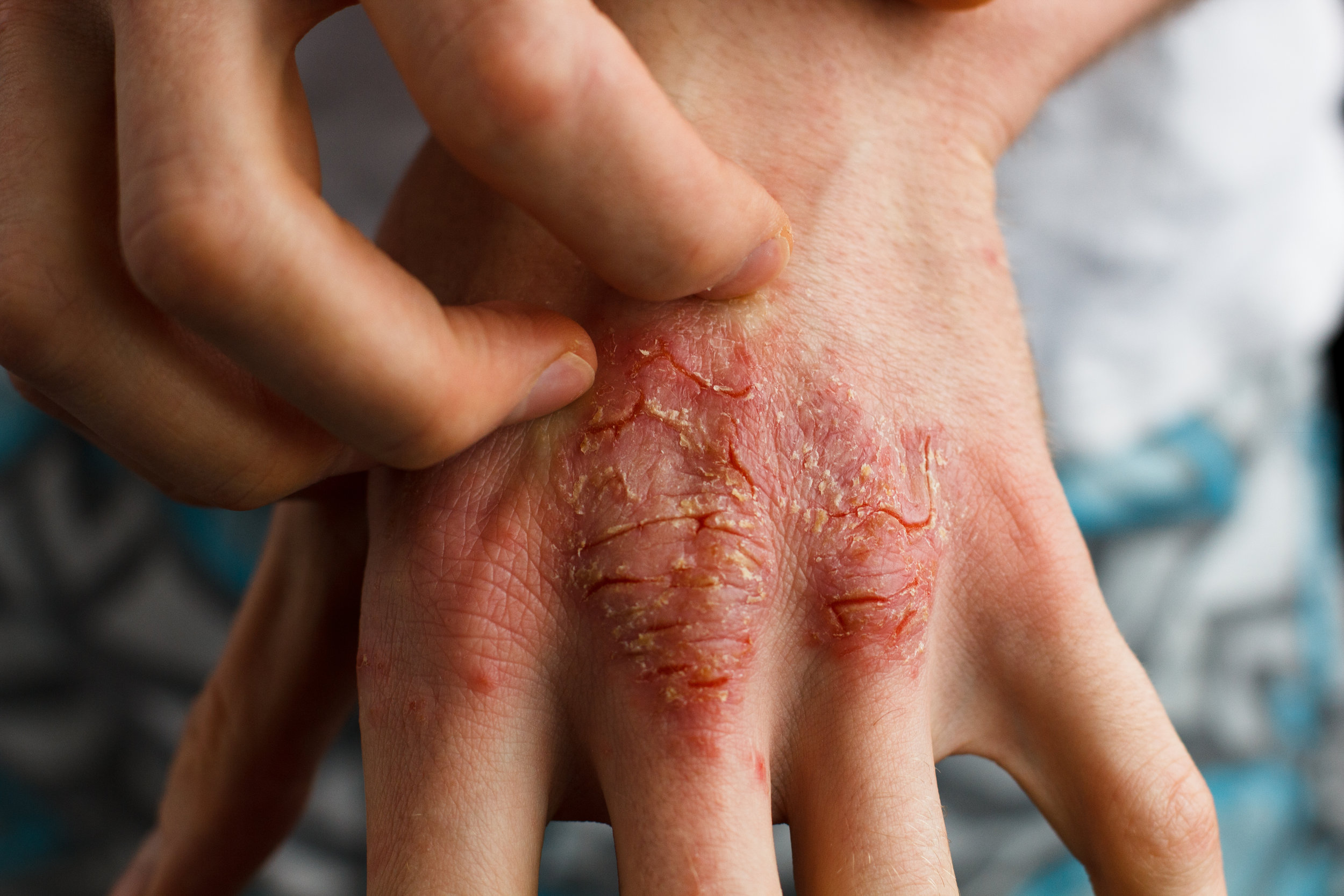Scabies
is a highly contagious skin infestation caused by the Sarcoptes scabiei mite.
It leads to intense itching, redness, and the formation of small bumps or
blisters on the skin, typically in areas such as the wrists, elbows, armpits,
and between the fingers. While medical treatment is often necessary to completely
eradicate scabies, Indian home remedies can complement conventional treatments
and help alleviate symptoms. Here are some effective Indian home remedies for
scabies:
1. Neem (Indian Lilac):
Application:
Boil
neem leaves in water to make a neem decoction.
Allow
it to cool and use it to wash the affected areas.
Alternatively, apply neem oil directly to the affected skin.
Benefits:
Neem
has powerful antibacterial, antifungal, and anti-inflammatory properties that
can help in relieving itching, reducing inflammation, and combating the scabies
mites.
2. Turmeric:
Ingredients:
Turmeric
powder
Water or milk
Preparation and Application:
1.
Mix turmeric powder with water or milk to form a paste.
2.
Apply the paste to the affected areas.
3. Leave it on for 30 minutes before rinsing off with water.
Benefits:
Turmeric
contains curcumin, which has antimicrobial and anti-inflammatory properties. It
can help in reducing itching and inflammation associated with scabies.
3. Tea Tree Oil:
Application:
Dilute
tea tree oil with a carrier oil such as coconut oil or olive oil.
Apply
the diluted oil to the affected skin areas.
Leave it on for a few hours or overnight before washing off.
Benefits:
Tea
tree oil has strong antimicrobial properties that can help kill scabies mites
and soothe the skin.
4. Clove Oil:
Application:
Dilute
clove oil with a carrier oil.
Apply
the diluted oil to the affected areas.
Leave it on for a few hours before washing off.
Benefits:
Clove
oil has antimicrobial and analgesic properties that can help relieve itching
and discomfort caused by scabies.
5. Calamine Lotion:
Application:
Apply
calamine lotion directly to the affected areas.
Leave it on until it dries.
Benefits:
Calamine
lotion has a soothing and cooling effect on the skin, helping to reduce itching
and inflammation.
Additional Tips:
1.
Maintain Good Hygiene: Keep your skin clean and dry to prevent the spread of
scabies.
2.
Wash Bedding and Clothing: Wash all bedding, clothing, and towels in hot water
to kill any mites or eggs.
3.
Avoid Close Contact: Avoid close contact with others until the scabies
infestation is fully treated to prevent spreading it to others.
4.
Consult a Doctor: While home remedies can provide relief, it's important to
consult a doctor for proper diagnosis and treatment of scabies, especially if
symptoms persist or worsen.
When to See a Doctor:
1.
If symptoms of scabies persist or worsen despite using home remedies.
2.
If you develop secondary infections or complications such as severe itching,
rash, or open sores.
3.
If other household members or close contacts develop similar symptoms, as they
may also need treatment.
Bottom line:
Indian
home remedies such as neem, turmeric, tea tree oil, clove oil, and calamine
lotion can help alleviate symptoms and provide relief from scabies. However,
it's essential to consult a doctor for proper diagnosis and treatment, as
scabies can be highly contagious and may require medical intervention to
prevent spreading and complications. Incorporating these home remedies along
with medical treatment can aid in faster recovery and improved comfort.






